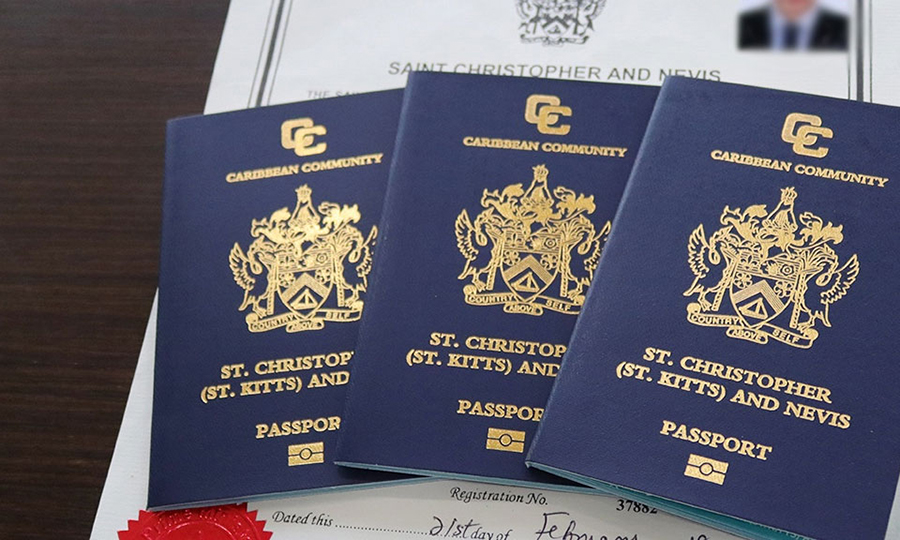For an economy serving over 200 million people and valued at N78.37 trillion, government policies, laws, and regulations play a powerful role in shaping outcomes.
Yet, Nigeria is proof that some of the most dynamic shifts in its economy are happening outside formal policy direction.
In recent years, the private sector has powered more than half of Nigeria’s growth, even as the state struggles to keep pace with industries being rapidly transformed by technology, youth-driven innovation, and informal enterprise.
The country’s economy has moved beyond oil. Agriculture still employs the most people and contributes about 25% to GDP.
Services, particularly telecoms, finance, and trade, now account for over 55%, while industry, including oil and gas, makes up just 20%.
Nigeria’s 3.4% GDP growth in 2024 was largely driven by these non-oil sectors, and that momentum is expected to continue in 2025.
But behind the official stats lies an untold story. A new generation of industry creators, digital entrepreneurs, crypto traders, and wellness startups is booming, yet remains undercounted and underserved. Most operate informally, without government incentives or tailored policies, yet they are creating jobs, building wealth, and reshaping the economy.
This list highlights 10 of those sectors: fast-growing industries that are thriving in spite of, not because of, government support. Together, they reveal the hidden drivers and missed opportunities of Nigeria’s economic future.
 Afrobeats, a modern evolution of the Afrobeat genre pioneered by Fela Kuti, has grown into one of Nigeria’s most influential cultural exports. Fela used Afrobeat in the 1970s and 80s as a tool for political resistance, boldly criticizing corruption, dictatorship, and social injustice through his music. His legacy of using rhythm for resistance laid the groundwork for what would become a global musical force.
Afrobeats, a modern evolution of the Afrobeat genre pioneered by Fela Kuti, has grown into one of Nigeria’s most influential cultural exports. Fela used Afrobeat in the 1970s and 80s as a tool for political resistance, boldly criticizing corruption, dictatorship, and social injustice through his music. His legacy of using rhythm for resistance laid the groundwork for what would become a global musical force.
The 2000s saw artists like D’banj, 2Baba, and Banky W blending traditional rhythms with hip-hop, dancehall, and R&B to birth the Afrobeats wave. Powered by social media, YouTube, and music streaming platforms, Nigerian artists like Burna Boy, Davido, Wizkid and Tems have gone on to win globally recognized awards, headline international festivals, and collaborate with global superstars.
By 2023, streaming platforms responded to rising global demand, paying Nigerian musicians N25 billion. In 2024, Spotify alone paid over N58 billion in royalties to Nigerian artists, up from N11 billion in 2022. Today, Afrobeats contributes over $2 billion to the global music industry.
The genre, once rooted in rebellion, now moves global pop culture while spotlighting Africa’s creative economy. Its rise has occurred with minimal government intervention, driven by grassroots talent, diaspora demand, and digital innovation.
















